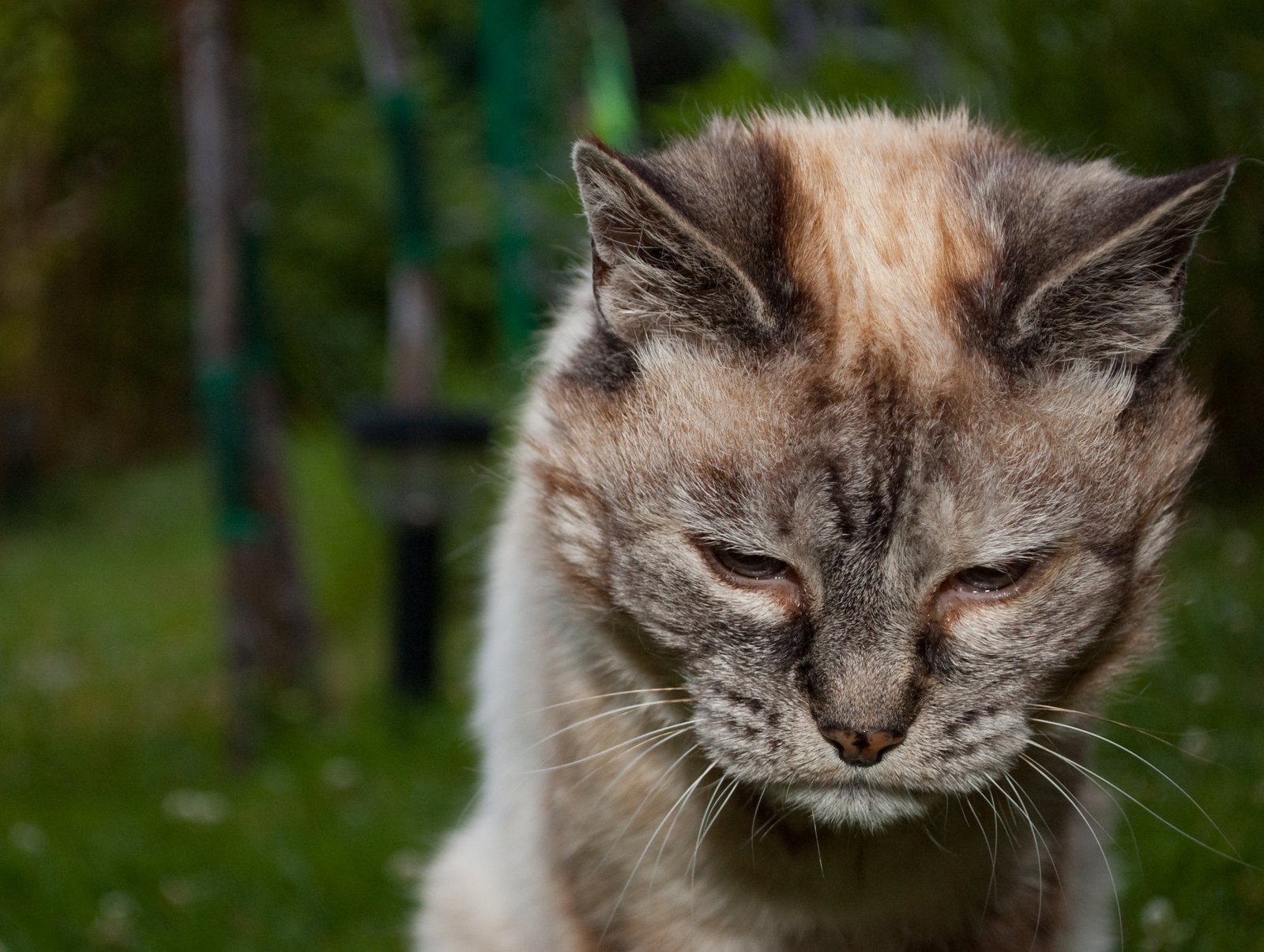Cats are mysterious creatures, often captivating us with their independent nature and enigmatic behavior. But what happens when a beloved feline companion loses another pet in the household? Do cats feel the absence, and can they truly miss their furry friends? Understanding the nuances of cat behavior can offer insights into their emotions and help us provide comfort during times of change. Let’s delve into the signs that may indicate your cat is missing another pet.
Unusual Vocalizations
One of the first signs that your cat might be missing a fellow pet is a change in their vocal patterns. Cats are known for their distinctive meows, purrs, and chirps, but when they start to vocalize more often or in different ways, it can be a sign of distress. You might notice your cat meowing more frequently, especially in areas where the other pet used to spend time. These vocalizations can be seen as a form of calling out, a way to express their sense of loss. Imagine a person calling out in an empty house, hoping for a familiar voice to answer back – your cat may be doing something similar.
Changes in Eating Habits
A shift in eating habits is another potential indicator that your cat is grieving. Some cats may lose their appetite, while others might eat more than usual. This change could be due to stress or sadness, much like how humans might turn to comfort food or lose interest in meals during emotional times. If your cat starts ignoring their favorite treats or seems disinterested in mealtime, it may be worthwhile to consider their emotional state. Ensuring they maintain a healthy diet is essential, so keep an eye on these changes and consult a vet if necessary.
Increased Clinginess
Just like people, cats can become more attached to their human companions when they’re feeling vulnerable. If your cat starts following you around more than usual or seeks out more cuddles and attention, it could be a sign that they’re missing their furry friend. This increased clinginess is their way of seeking comfort and reassurance in a familiar presence. Imagine a child clinging to a parent for security during uncertain times; your cat might be seeking the same sense of safety and solace from you.
Lethargy and Lack of Interest

Cats are usually curious creatures, always on the lookout for the next adventure. However, if your cat becomes unusually lethargic or loses interest in their favorite toys and activities, it may be a sign of sadness. This behavior can be likened to a person feeling down and losing interest in hobbies they once enjoyed. If your cat seems to spend more time sleeping or lounging around without their usual zest, it might be a silent cry for the companion they miss.
Heightened Aggression
Sometimes, a cat dealing with the absence of a pet companion might express their emotions through aggression. You might notice your normally gentle cat becoming more irritable or even lashing out. This behavior is similar to how some people may become short-tempered when dealing with stress or grief. Understanding that this aggression might be rooted in emotional turmoil can help you approach the situation with patience and empathy.
Frequent Searching Behavior
A cat missing another pet might engage in searching behavior, wandering around the house as if looking for their lost companion. They might check the spots where the other pet used to sleep or play, exhibiting a sense of longing. This behavior can be compared to a person searching for a misplaced item, hoping to find it where they last saw it. It’s a poignant reminder of their bond and the void left by their friend’s absence.
Grooming Changes
Cats are meticulous groomers, but a change in grooming habits can be a sign of emotional distress. Some cats may groom themselves excessively, leading to bald patches or irritated skin, while others might neglect grooming altogether. This behavior is akin to how stress can manifest in humans as nail-biting or other nervous habits. Observing these changes can provide clues to your cat’s emotional state and highlight the need for extra care and attention.
Seeking Comfort in Familiar Spaces
When a cat is missing another pet, they might gravitate towards spaces that hold memories of their lost friend. You might find your cat spending more time in the other pet’s favorite spots, as if seeking a connection to the past. This behavior is similar to how people might revisit meaningful places to feel closer to someone they’ve lost. Recognizing this behavior can help you understand your cat’s need for comfort and familiarity during this time.
Increased Nighttime Activity

Cats are naturally nocturnal, but an increase in nighttime activity might indicate restlessness due to missing a companion. If your cat seems more active or vocal at night, it could be a sign that they’re unsettled. This behavior can be compared to a person experiencing insomnia or restlessness due to emotional turmoil. Providing a calming environment and routine can help soothe your cat’s nighttime anxieties.
Changes in Litter Box Habits
A sudden change in litter box habits can be a distress signal from your cat. If they start having accidents outside the box or their habits change, it might be related to their emotional state. This behavior is similar to how stress can affect human routines and habits. Understanding that these changes might be linked to missing a pet can guide you in addressing the underlying emotional issues.
Conclusion
Understanding these signs can help you recognize when your cat might be missing another pet. By observing their behavior and offering comfort, you can help your feline friend navigate their emotions during this challenging time. Cats may not be able to express their feelings in words, but their actions speak volumes. Providing extra love and attention can go a long way in helping them heal and adapt to the changes in their world.
Hi, I’m Bola, a passionate writer and creative strategist with a knack for crafting compelling content that educates, inspires, and connects. Over the years, I’ve honed my skills across various writing fields, including content creation, copywriting, online course development, and video scriptwriting.
When I’m not at my desk, you’ll find me exploring new ideas, reading books, or brainstorming creative ways to solve challenges. I believe that words have the power to transform, and I’m here to help you leverage that power for success.
Thanks for stopping by, Keep coming to this website to checkout new articles form me. You’d always love it!






